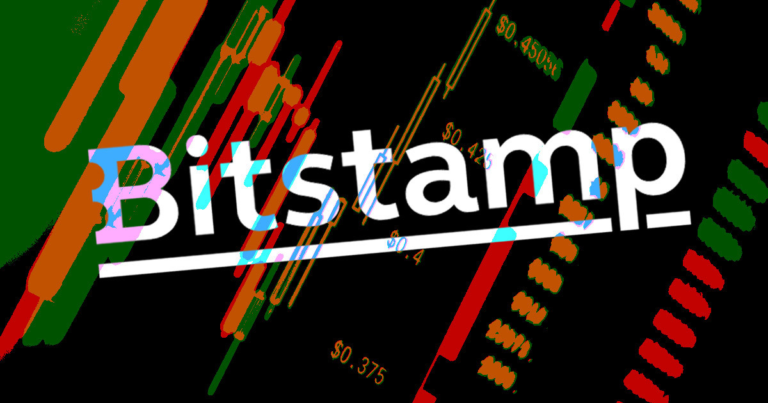 Bitstamp introduces ‘inactivity fee’ to shore up revenue
Bitstamp introduces ‘inactivity fee’ to shore up revenue Bitstamp introduces ‘inactivity fee’ to shore up revenue
Bitstamp said the new fee will not apply to users in the U.S. or those with an account balance of over €200.

Cover art/illustration via CryptoSlate. Image includes combined content which may include AI-generated content.
Crypto exchange Bitstamp has announced it will start charging an inactivity fee of €10 per month from August 1.
The fee will not apply to users in the U.S. or those with an account balance of over €200. Bitstamp clarified that most customers are not affected by the new “inactivity fee.”
The exchange said that affected users could avoid the charges by trading crypto, making withdrawals or deposits, or staking in Bitstamp earn. The inactivity fee applies if the user has not done any of these activities in the last 12 months.
Bitstamp said the move will help save expenses. It added:
Keeping inactive accounts on the books is a cost, and for us to continue providing great services to all our customers, we made the hard decision to implement the inactivity fee.
Meanwhile, Bitstamp is not the only exchange with an inactivity fee charge. Crypto and stocks trading platform eToro also has one.
However, eToro’s inactivity fee only applies to users who have not logged in for 12 months. Its website says users can stop the inactivity fee once they log in.
Crypto community reacts
The crypto community has reacted negatively to Bitstamp’s new charges.
@Bitstamp charging you inactivity fees when they can't charge you trading fees…Smart…very clever…great way to onboard customers…to other exchanges. https://t.co/8AKdEinejY
— DeFi Shark (@TheDeFiShark) July 6, 2022
According to DeFi Shark, Bitstamp’s new charges will push its users to other exchanges.
#crypto exchanges copying everything they criticized the banking industry
— Freddy Turriaf (@fturriaf) July 5, 2022
Another user said crypto exchanges are copying everything they criticized in the banking industry.
Tell me you're insolvent without telling me you're insolvent, @Bitstamp pic.twitter.com/FHS2FqBPDD
— Cryptoramus (@IgnoramussnTL) July 1, 2022
Some opine that the new fees hint the exchange may be struggling with solvency.
Crypto exchanges get creative to diversify revenue
With the crypto market downturn, there has been a decline in crypto trading activities which is the primary source of income for centralized exchanges.
Several exchanges like Crypto.com, Bullish, Gemini, and others have adopted cost-cutting measures like laying off employees.
Others like FTX ventured into new areas like stock trading to diversify their revenue. Kraken has expanded its staking services, while Coinbase also plans to launch a new subscription service called Coinbase One.



 CoinGlass
CoinGlass 


 Farside Investors
Farside Investors 































































































